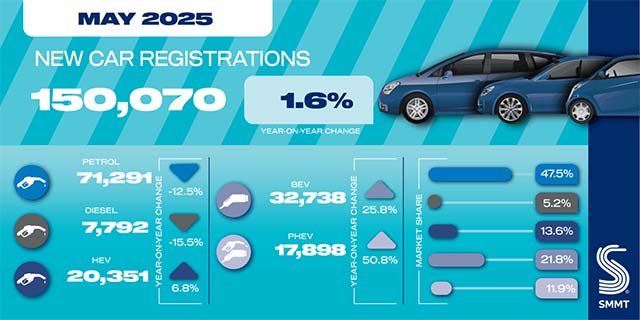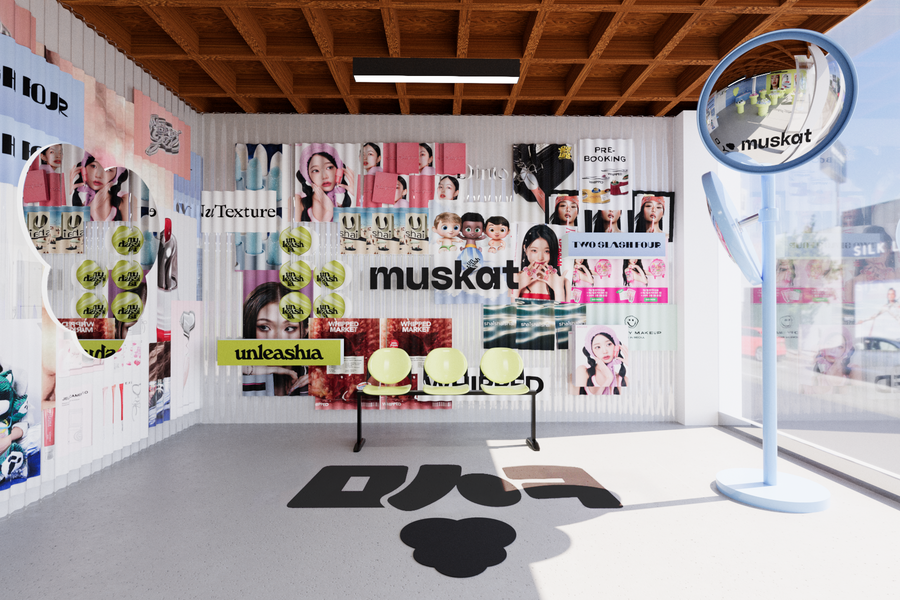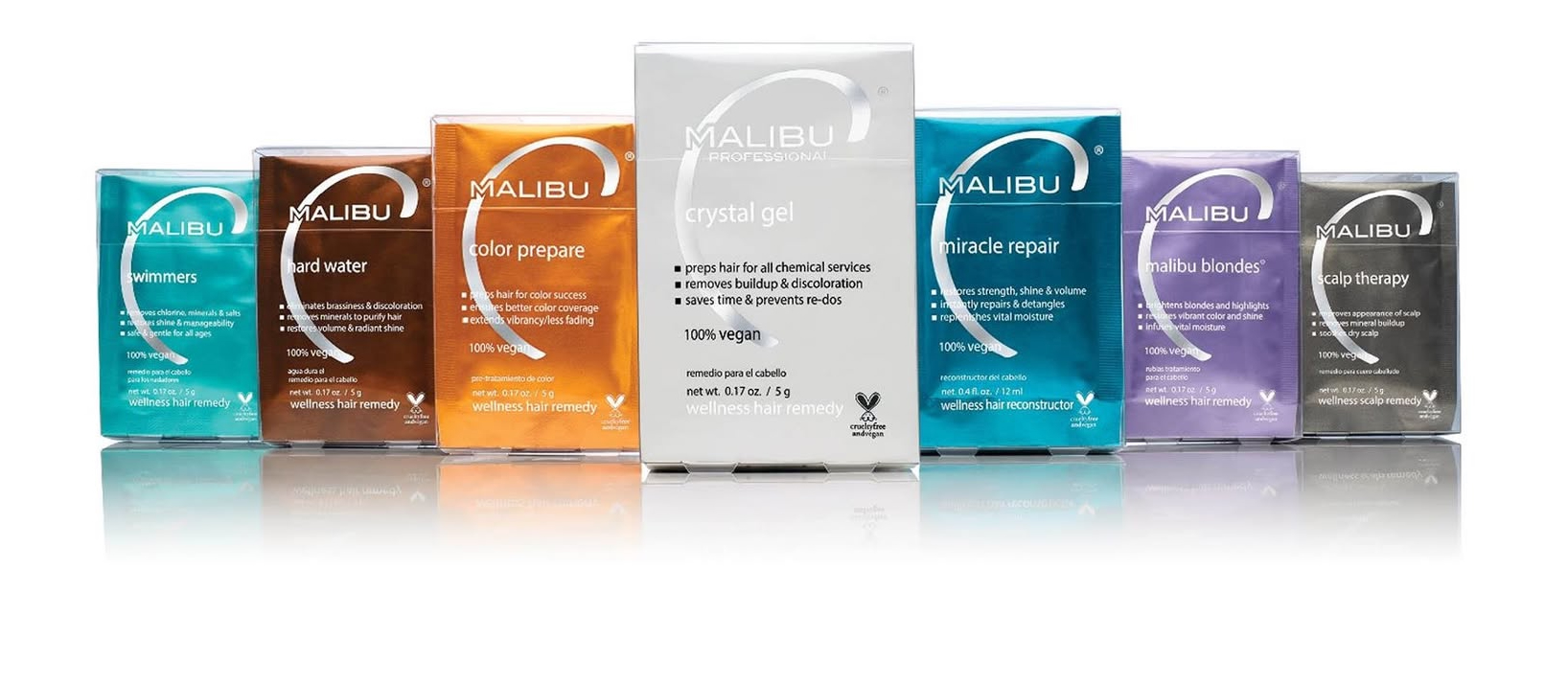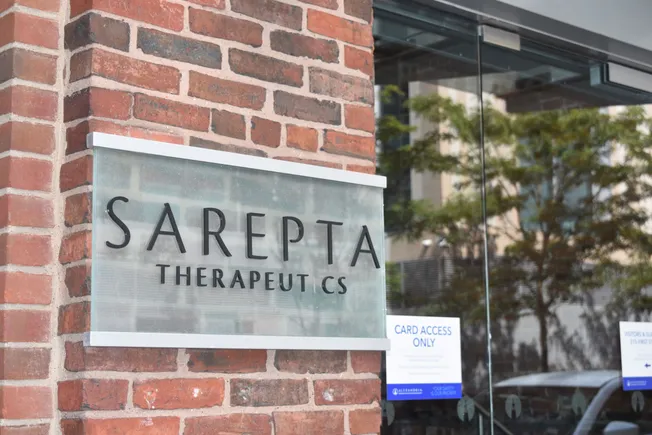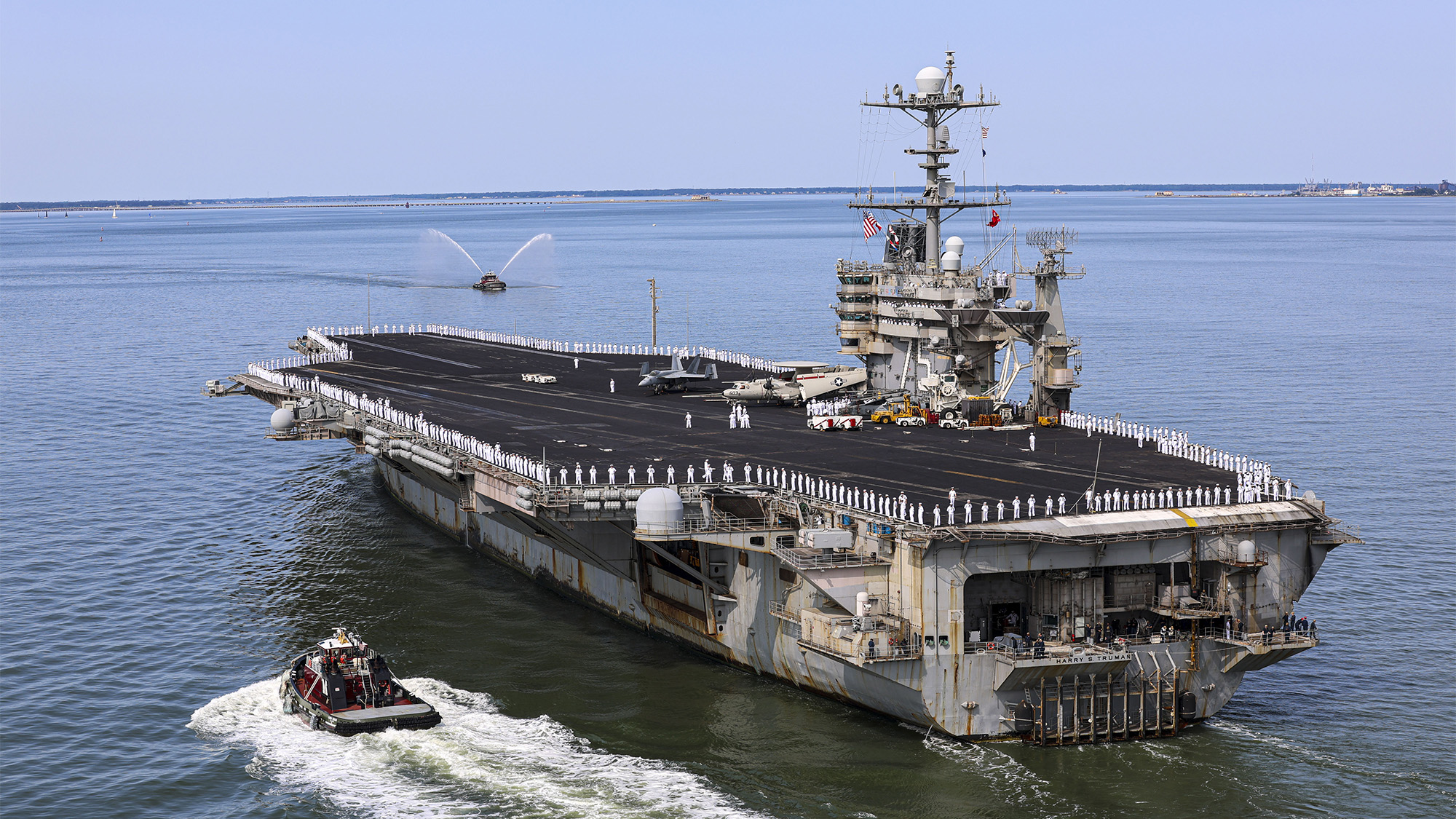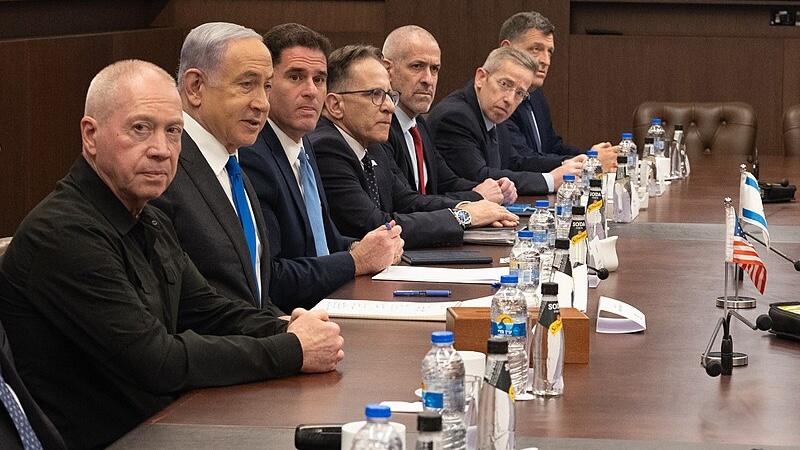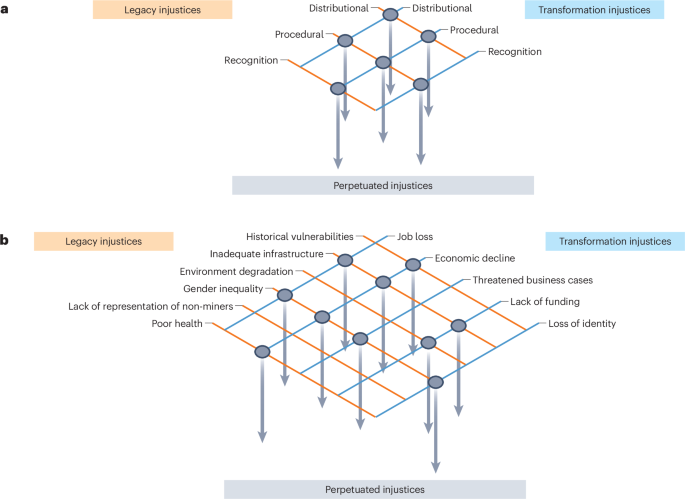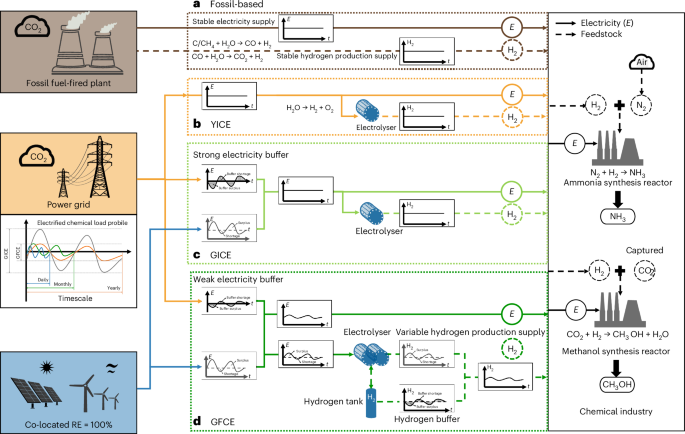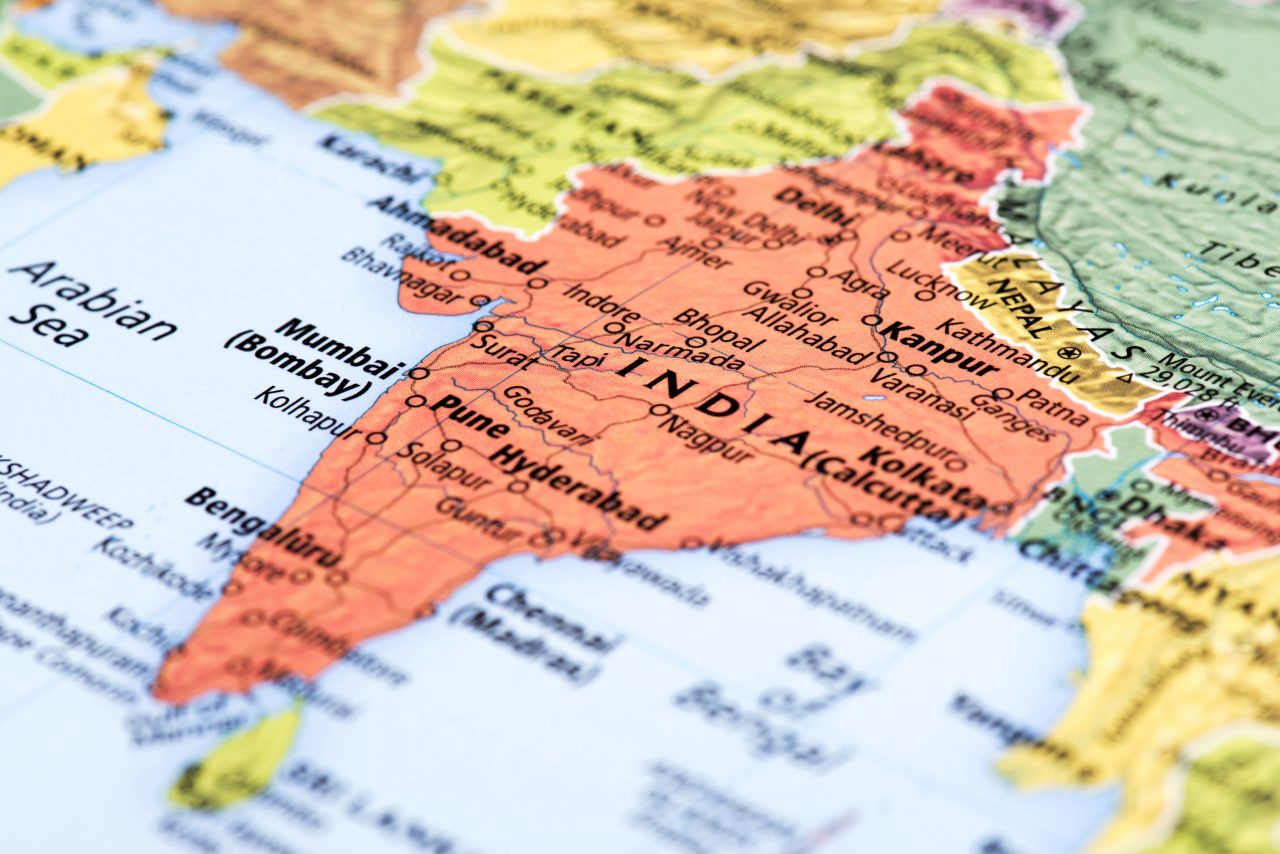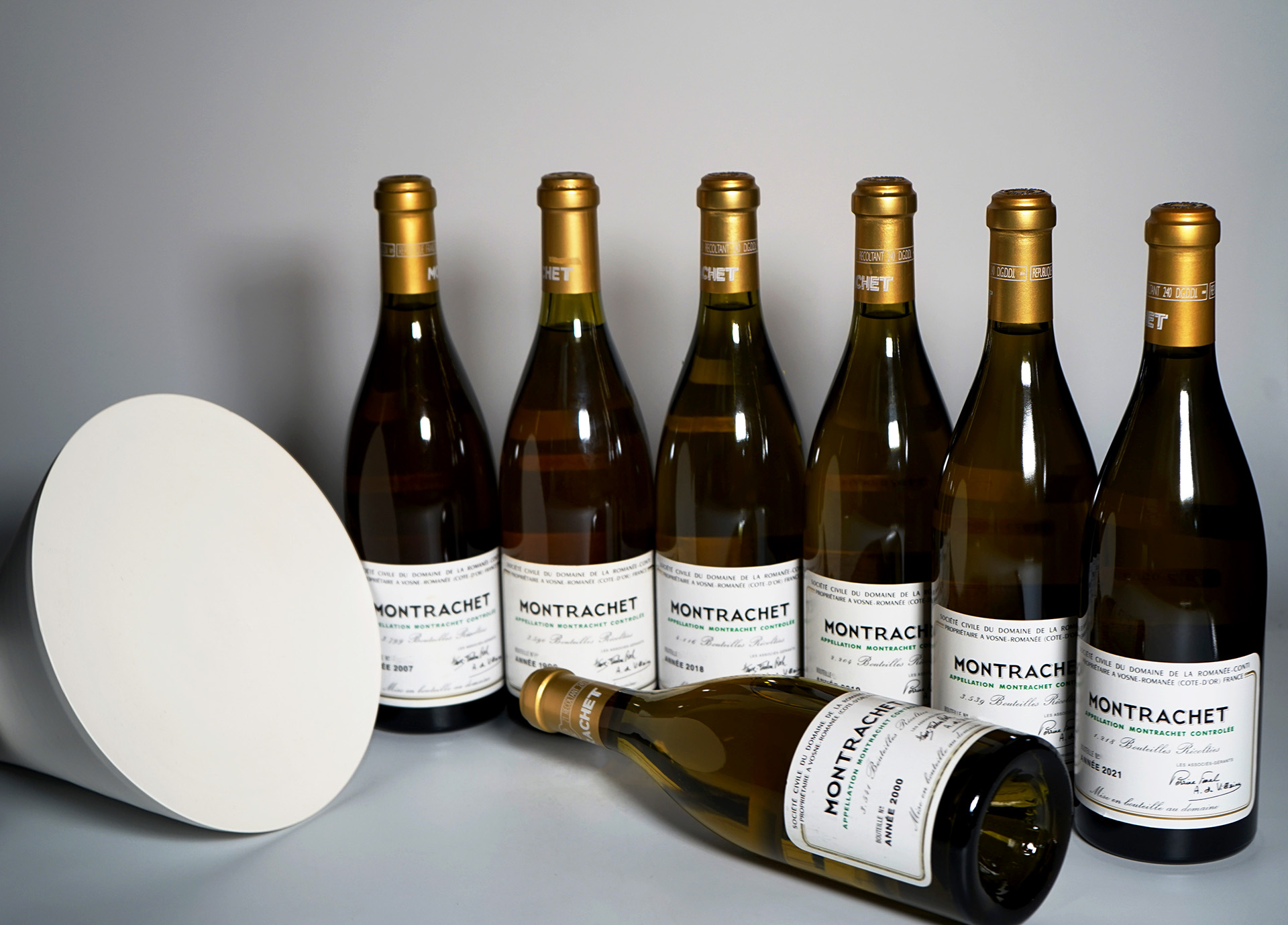Wine importer VOS Selections is one of the small businesses whose lawsuit against the Trump Administration has triggered a US federal court to block the President's punitive trade tariffs.
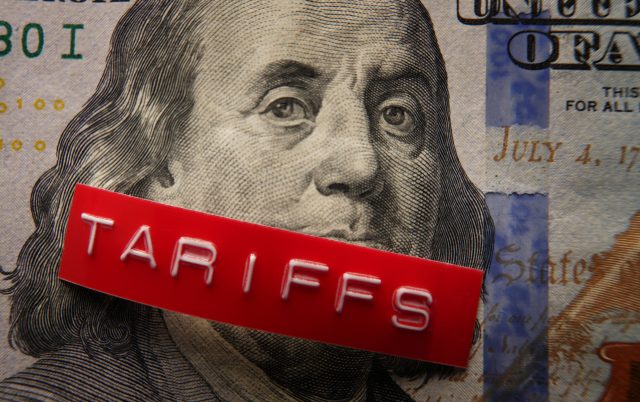
On 14 April the Liberty Justice Center, a nonpartisan campaign group, filed a lawsuit challenging the Trump Administration’s authority to unilaterally issue the so-called “Liberation Day” tariffs.
The case was filed on behalf of five owner-operated businesses which have been "severely harmed" by the tariffs, according to
a statement from the Liberty Justice Center. The campaign group stated that the impact on these businesses "highlights the human and economic toll of unchecked executive power".
FishUSA, Genova Pipe, MicroKits LLC, and Terry Precision Cycling were named as the businesses represented by the Liberty Justice Center alongside wine importer VOS Selections.
Vos Selections is a wine, spirits and sake importer based in New York. The company, which imports products from 16 countries across five continents, was founded in 1987 by Victor Owen Schwartz, who now runs the business with daughter Chloë Syrah Schwartz.
In a statement on its website, VOS Selections said the sweeping tariffs imposed by the Trump Administration threaten to "dismantle [the] ecosystem" that the business has built in its 38 years in operation.
"These new taxes — imposed without Congressional approval — jeopardise not only our business, but the livelihoods of the family farmers we represent and the access American consumers have to diverse, authentic products," the statement read. "We believe in free markets, fair process, and standing up when something is wrong. That’s why we’ve joined a legal challenge to these tariffs. This isn’t about politics. It’s about principle — and preserving the integrity of a business built on loyalty, trust, and fearless importing."
A US federal court has now blocked President Trump's sweeping global trade tariffs in response to two separate cases, one being that brought forward by the Liberty Justice Center. A coalition of US state governments also challenged the import taxes.
The global tariff regime, announced by Trump on 2 April, imposed import taxes on most of the US's trading partners. A baseline tariff of 10% was placed on most countries, and dozens of nations and blocs, including the EU, UK, Canada, Mexico and China, faced steeper reciprocal tariffs.
The Liberty Justice Center's lawsuit argues that the Trump Administration has no authority to issue across-the-board worldwide tariffs without congressional approval.
The lawsuit, filed in the US Court of International Trade, seeks to highlight the unprecedented nature of the tariffs.
It stated: "The President invoked the International Emergency Economic Powers Act (IEEPA) to justify the 'Liberation Day' tariffs, as well as the tariffs on Mexico, Canada, and China. But under that law, the President may invoke emergency economic powers only after declaring a national emergency in response to an 'unusual and extraordinary threat' to national security, foreign policy, or the U.S. economy originating outside of the United States. The lawsuit argues that the Administration’s justification — a trade deficit in goods — is neither an emergency nor an unusual or extraordinary threat."
The Trump administration said it would appeal within minutes of the ruling.
db has reached out to VOS Selections for comment on the ongoing situation.
Wine's place in the trade war
The wine trade has been hit hard by the prospect of punitive tariffs on imports to the US, the world's biggest wine consuming country.
Lamberto Frescobaldi, president of the Unione Italiana Vini (UIV) has called for wine to be exempt from the current hostility between the EU and US. “We are heading toward a lose-lose escalation,” Frescobaldi said, “one that threatens an industry which, in Italy alone, accounts for 1.1% of GDP and generates a trade surplus exceeding €7.5 billion."
According to
Frescobaldi, European wine exports to the United States are worth nearly €5 billion annually, €2 billion of which come from Italy alone. In contrast, imports of American wine into the EU total just €318 million. "The imbalance of risk could not be clearer," he said.
On the fine wine end of the spectrum, the threat of tariffs has impacted US buying confidence. Uncertainty around US tariffs has impacted the performance of Champagne on the secondary market. According to fine wine marketplace
Liv-ex, with US buyers accounting for 47.7% of Champagne trade in the last 12 months, the Champagne fell 2.6%, making it one of the worst performing sub indices. Another US stronghold, Tuscany also fell back, along with Piedmont.
Indeed US buying – which accounts for around 19.9% of buyers – last month fell to the lowest it has been since January 2023, equating to a 34.8% fall from March, and a whopping 58.0% on February’s figures.
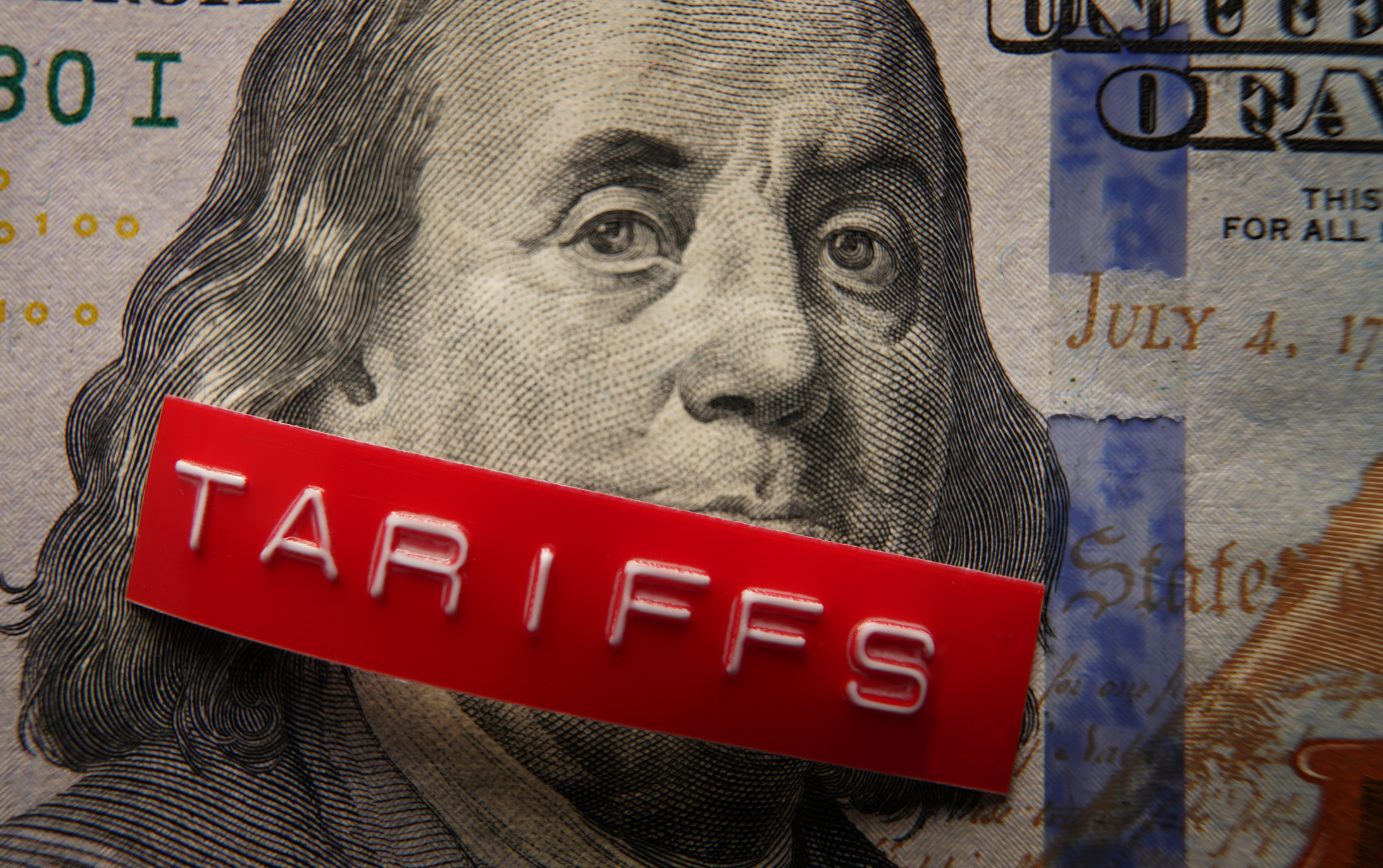
 On 14 April the Liberty Justice Center, a nonpartisan campaign group, filed a lawsuit challenging the Trump Administration’s authority to unilaterally issue the so-called “Liberation Day” tariffs.
The case was filed on behalf of five owner-operated businesses which have been "severely harmed" by the tariffs, according to a statement from the Liberty Justice Center. The campaign group stated that the impact on these businesses "highlights the human and economic toll of unchecked executive power".
FishUSA, Genova Pipe, MicroKits LLC, and Terry Precision Cycling were named as the businesses represented by the Liberty Justice Center alongside wine importer VOS Selections.
Vos Selections is a wine, spirits and sake importer based in New York. The company, which imports products from 16 countries across five continents, was founded in 1987 by Victor Owen Schwartz, who now runs the business with daughter Chloë Syrah Schwartz.
In a statement on its website, VOS Selections said the sweeping tariffs imposed by the Trump Administration threaten to "dismantle [the] ecosystem" that the business has built in its 38 years in operation.
"These new taxes — imposed without Congressional approval — jeopardise not only our business, but the livelihoods of the family farmers we represent and the access American consumers have to diverse, authentic products," the statement read. "We believe in free markets, fair process, and standing up when something is wrong. That’s why we’ve joined a legal challenge to these tariffs. This isn’t about politics. It’s about principle — and preserving the integrity of a business built on loyalty, trust, and fearless importing."
A US federal court has now blocked President Trump's sweeping global trade tariffs in response to two separate cases, one being that brought forward by the Liberty Justice Center. A coalition of US state governments also challenged the import taxes.
The global tariff regime, announced by Trump on 2 April, imposed import taxes on most of the US's trading partners. A baseline tariff of 10% was placed on most countries, and dozens of nations and blocs, including the EU, UK, Canada, Mexico and China, faced steeper reciprocal tariffs.
The Liberty Justice Center's lawsuit argues that the Trump Administration has no authority to issue across-the-board worldwide tariffs without congressional approval.
The lawsuit, filed in the US Court of International Trade, seeks to highlight the unprecedented nature of the tariffs.
It stated: "The President invoked the International Emergency Economic Powers Act (IEEPA) to justify the 'Liberation Day' tariffs, as well as the tariffs on Mexico, Canada, and China. But under that law, the President may invoke emergency economic powers only after declaring a national emergency in response to an 'unusual and extraordinary threat' to national security, foreign policy, or the U.S. economy originating outside of the United States. The lawsuit argues that the Administration’s justification — a trade deficit in goods — is neither an emergency nor an unusual or extraordinary threat."
The Trump administration said it would appeal within minutes of the ruling.
db has reached out to VOS Selections for comment on the ongoing situation.
On 14 April the Liberty Justice Center, a nonpartisan campaign group, filed a lawsuit challenging the Trump Administration’s authority to unilaterally issue the so-called “Liberation Day” tariffs.
The case was filed on behalf of five owner-operated businesses which have been "severely harmed" by the tariffs, according to a statement from the Liberty Justice Center. The campaign group stated that the impact on these businesses "highlights the human and economic toll of unchecked executive power".
FishUSA, Genova Pipe, MicroKits LLC, and Terry Precision Cycling were named as the businesses represented by the Liberty Justice Center alongside wine importer VOS Selections.
Vos Selections is a wine, spirits and sake importer based in New York. The company, which imports products from 16 countries across five continents, was founded in 1987 by Victor Owen Schwartz, who now runs the business with daughter Chloë Syrah Schwartz.
In a statement on its website, VOS Selections said the sweeping tariffs imposed by the Trump Administration threaten to "dismantle [the] ecosystem" that the business has built in its 38 years in operation.
"These new taxes — imposed without Congressional approval — jeopardise not only our business, but the livelihoods of the family farmers we represent and the access American consumers have to diverse, authentic products," the statement read. "We believe in free markets, fair process, and standing up when something is wrong. That’s why we’ve joined a legal challenge to these tariffs. This isn’t about politics. It’s about principle — and preserving the integrity of a business built on loyalty, trust, and fearless importing."
A US federal court has now blocked President Trump's sweeping global trade tariffs in response to two separate cases, one being that brought forward by the Liberty Justice Center. A coalition of US state governments also challenged the import taxes.
The global tariff regime, announced by Trump on 2 April, imposed import taxes on most of the US's trading partners. A baseline tariff of 10% was placed on most countries, and dozens of nations and blocs, including the EU, UK, Canada, Mexico and China, faced steeper reciprocal tariffs.
The Liberty Justice Center's lawsuit argues that the Trump Administration has no authority to issue across-the-board worldwide tariffs without congressional approval.
The lawsuit, filed in the US Court of International Trade, seeks to highlight the unprecedented nature of the tariffs.
It stated: "The President invoked the International Emergency Economic Powers Act (IEEPA) to justify the 'Liberation Day' tariffs, as well as the tariffs on Mexico, Canada, and China. But under that law, the President may invoke emergency economic powers only after declaring a national emergency in response to an 'unusual and extraordinary threat' to national security, foreign policy, or the U.S. economy originating outside of the United States. The lawsuit argues that the Administration’s justification — a trade deficit in goods — is neither an emergency nor an unusual or extraordinary threat."
The Trump administration said it would appeal within minutes of the ruling.
db has reached out to VOS Selections for comment on the ongoing situation.




















